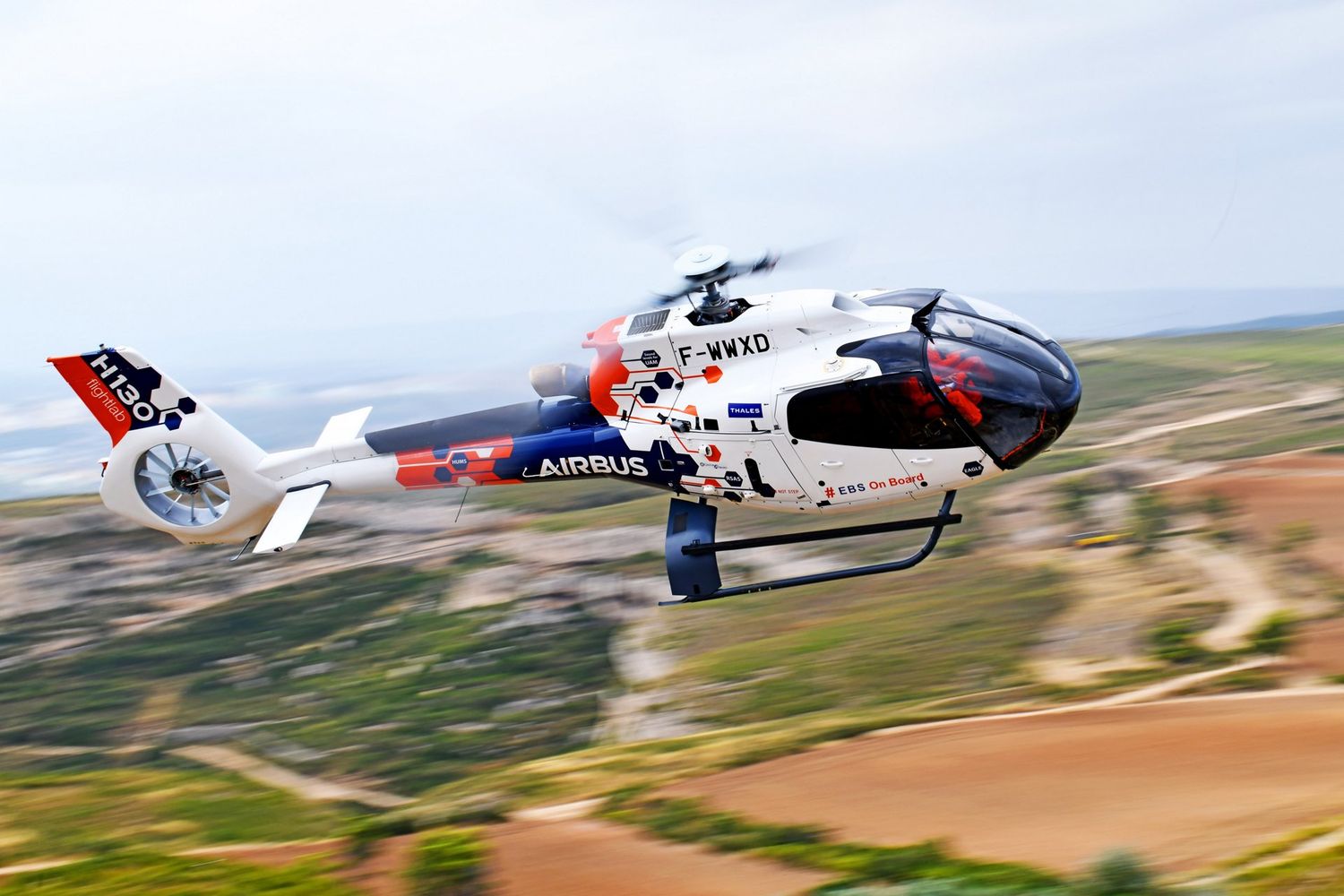Airbus debuts new electric safety system for helicopters
During the Airbus Summit, the manufacturer announced the start of flight tests of an engine backup system (EBS) on board its Flightlab. The project is supported by the French Civil Aviation Authority (DGAC).
The Airbus Flightlab is a flight laboratory dedicated to the maturation of new technologies that the manufacturer develops and seeks to implement. It provides an agile and efficient testbed for innovations that can be applied to helicopters, fixed-wing aircraft, or VTOL platforms.
The initiative that the DGAC and Airbus Helicopters is pursuing involves the incorporation of a 100-kW electric motor that can provide electrical power for 30 seconds in the event of engine failure. This tool could be key for pilots, as they would have more time to react to such event.
Thus, pilots would be able to maintain rotor speed, and the engine backup system would contribute to a safer and smoother autorotation maneuver to the ground. Airbus reported that the current flight tests, which will be carried out at Flightlab, include simulating engine failures in different flight conditions, including takeoff and landing procedures and related constraints.
According to the company, this project paves the way for a future hybrid propulsion system for light helicopters while offering concrete flight safety improvements in the short term. The main objective of the campaign is to improve the flight safety of single-engine aircraft by providing emergency electrical power in the event of turbine failure».
For his part, for Tomasz Krysinski, Head of Research, and Innovation at Airbus Helicopters, «the current EBS flights are a very important first step towards a future hybrid propulsion system and we already envisage a second phase of the project with more energy and power on board. We are looking to develop a fully parallel hybrid propulsion system that mixes thermal and electric power with the aim of optimizing fuel consumption and enabling single-engine hybrid flights over urban areas».
This integrated hybridization is part of Airbus’ project to create new technologies aimed at reducing the sound footprint of its aircraft, with real impact in urban environments.


Para comentar, debés estar registradoPor favor, iniciá sesión